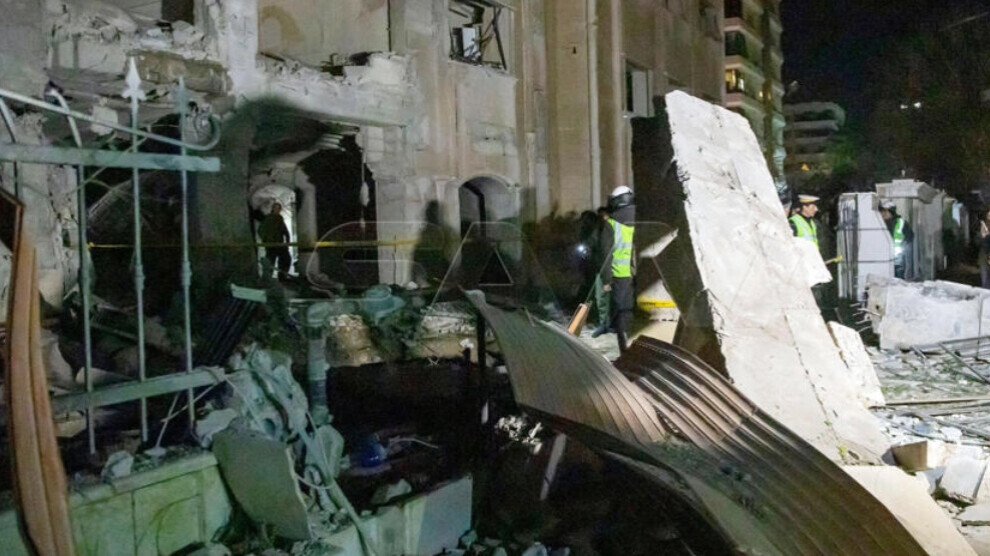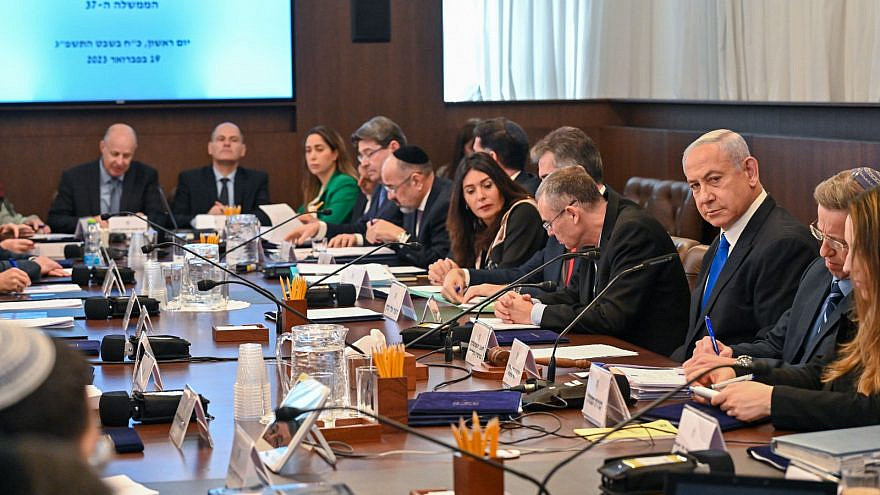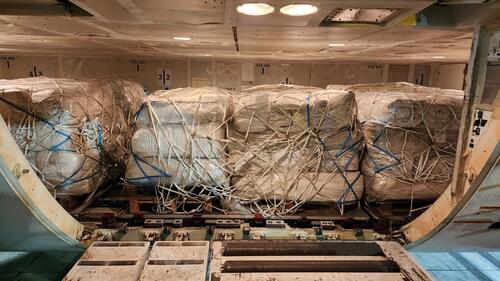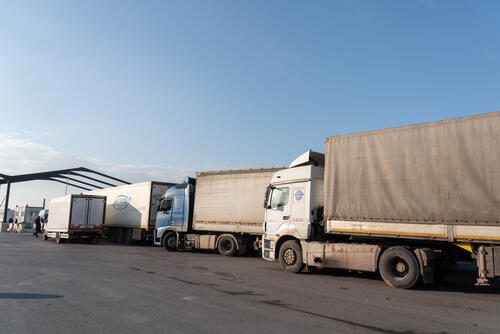Issued on: 19/02/2023 -
Addis Ababa (AFP) – Kenyan President William Ruto called Sunday for rich countries to be held accountable for driving global warming and for a revamp of international financial institutions to better fight climate change.
Poorer nations, especially those in Africa, have been hit disproportionately hard by the fallout from climate change, which has aggravated droughts and flooding, despite being least responsible for carbon emissions.
In an interview on the sidelines of the African Union summit in the Ethiopian capital Addis Ababa, where climate change is a major topic, Ruto said the time was ripe for a "paradigm shift".
"We are at a place where we have no options," he told AFP.
The situation "is not getting better unless something gives way and until we have an honest conversation", he said, urging richer countries and financial institutions to start treating Africa as "an asset" in climate talks.
"We want a system that is accountable, that holds the emitters who pollute the world to account. If it is not accountable, then it is corrupt," Ruto said, adding that Africa should not be treated as "beggars" in climate talks.
For years, African governments have been demanding that the world's top polluters pay for the harm their emissions have caused, known as "loss and damage".
The latest round of UN climate talks held in Egypt last year agreed on a fund to cover costs that developing countries face from climate-linked natural disasters and impacts like rising sea levels.
'Cannot be reckless'
But more must be done, including a plan to reduce planet-heating emissions from fossil fuels, said Ruto, who chairs the committee of African leaders on climate change.
"Continuing the impunity of turning on fossil fuel, turning on coal as is happening today puts the whole globe at risk," Ruto said.
"We cannot be that reckless. We cannot be indifferent."
The Kenyan leader said Africa must be treated as a key partner and that the global financial system must be overhauled if any results were to be achieved.
"Emitters and polluters get better rates for development than us... is it the case that those who have caused the least pollution are being punished?""
UN chief Antonio Guterres had said at the summit on Saturday that African nations were confronted with a "dysfunctional and unfair" global financial system that charged them "extortionate" interest rates.
Scientists warn that droughts, floods, storms and heat waves will only get stronger and more frequent due to global warming.
The Horn of Africa is one of the regions most vulnerable to climate change, and extreme weather events are occurring with increased frequency and intensity.
In Ethiopia, Kenya and Somalia, around 22 million people are at risk of hunger in areas gripped by the worst drought in four decades, according to UN estimates.
In the afflicted areas, inhabitants -- who eke out a living mainly from herding and subsistence farming -- are experiencing their fifth consecutive poor rainy season since the end of 2020.

"We haven't made our voice clear. We haven't spoken about this loud enough," Ruto said.
Among other issues, African leaders are meeting in Addis Ababa to address the record drought and to jumpstart a faltering free trade pact on the continent of 1.4 billion people.
Guterres also said Saturday that Africa faced "enormous tests... on virtually every front," and it was bearing the brunt of multiple crises it had no hand in generating.
"The brutal injustice of climate change is on full display with every flood, drought, famine and heatwave endured on this continent," he added.
© 2023 AFP







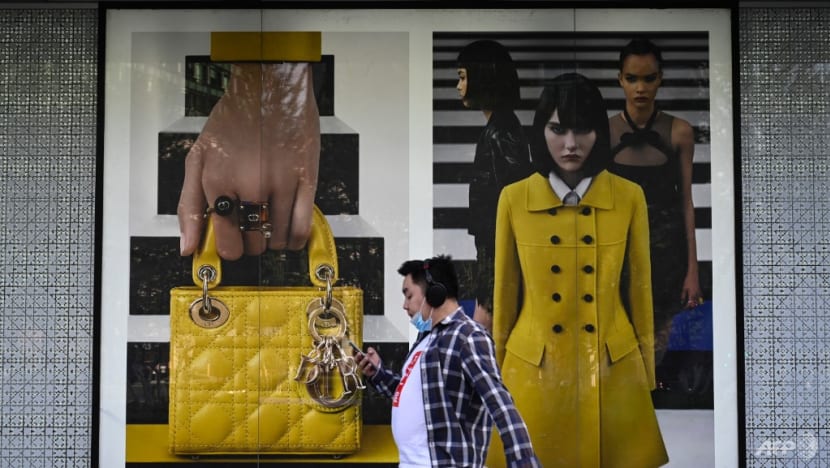






.JPG)
